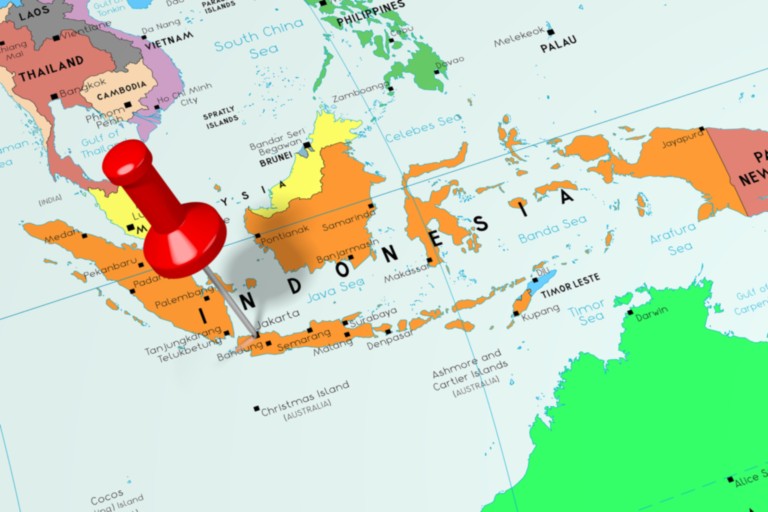Pope's Visit to Indonesia (Jakarta) from September 3rd to 6th

Indonesia, this archipelago of nearly 280 million inhabitants, is home to the largest Muslim population in the world. Christians are a minority, making up 10.7% of the population, with just over 3% being Catholics. This minority's freedoms are currently under threat. Traditionally, Indonesia was a country with an Islam very open to other religions, as it was part of the country's history, but it seems that these things are changing. The current president, Prabowo Subianto, has a very clear affiliation with the former dictator Suharto. He fully embraces this and is steering the country towards a much more authoritarian, much less democratic model than it was in the past, and this change is likely to be at the expense of Christians. For example, the enforcement of old laws such as the anti-blasphemy law, which was never enforced before, is now being applied.
In fact, it must be acknowledged that the realities are very diverse across Indonesia. For instance, in Flores, a predominantly Catholic island, the reality is completely different from that in Jakarta, Java, where extremist Muslim groups impose the wearing of the veil on everyone and exert constant pressure on Christians.
"Faith, Fraternity, and Compassion" will be the theme of the papal visit to Indonesia. The ecclesiastical authorities of the archipelago have emphasized that for Indonesian Catholics, the Pope's visit will be an opportunity to better "deepen and put into practice the humanitarian messages" of the Holy Father, particularly regarding human fraternity and human responsibility towards the environment.
Some historical facts: let us remember that the Vatican State was one of the first countries to recognize Indonesia after its independence in 1945. Pope Francis will be the third pope to visit the world's largest Muslim country, following the visits of Pope Paul VI in December 1970 and Pope John Paul II in October 1989.
Indonesia is a culturally diverse nation with over 300 ethnic groups and more than 700 languages spoken, blending rich cultural heritages and indigenous traditions. It is the world's largest Muslim-majority country, with significant Hindu, Buddhist, and Christian minorities, known for its religious diversity and coexistence of various faiths. Despite its natural beauty as the world's third-largest rainforest, Indonesia faces pressing environmental challenges, including deforestation, pollution, biodiversity loss, and climate change. The country has experienced various conflicts, such as separatist movements in Aceh and West Papua, and religious tensions, with ongoing efforts by the government towards reconciliation.
Next: Pope´s visit to Papua New Guinea